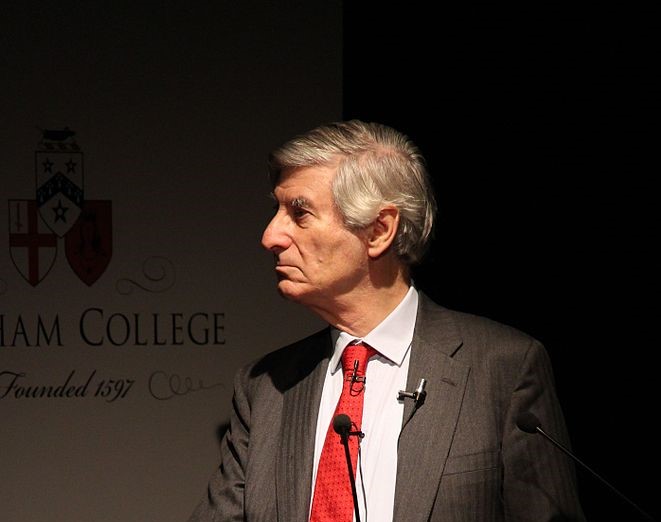Westminster is ‘sensible’ to take powers away from Wales, says unionist constitutional expert

A British constitutional expert has claimed that Westminster was “sensible” to take powers away from Wales.
Professor Vernon Bogdanor, of the Centre for British Politics and Government at Kings College London, told State of the Union that the UK Government made the right decision in holding back certain powers following Brexit.
The powers Professor Bogdanor believes it was right for Westminster to keep control of include ones over agriculture and fisheries.
When the Leader of the House of Commons Jacob Rees-Mogg was questioned recently about compensating fishermen and fisherwomen because of stock rotting at ports due to Brexit-related hold-ups he said: “The key is that we’ve got our fish back! They’re now British fish and they are better and happier for it.”
Those comments follow an admission by Victoria Prentis, the under-secretary of State for Farming and Fishing, that she did not read the fisheries agreement because she was “very busy” organising a nativity trail at the time.
Professor Bogdanor said: “In theory, therefore, all those powers ought to go back to Scotland, Wales and Northern Ireland.
“But would we really want, shall we say, four different systems of agricultural subsidies in the United Kingdom, particularly as agriculture is an important element in trade talks with other countries? The answer is no.
“And this means the UK Government has to hold back certain minimal powers for Westminster. That, of course, has caused annoyance in Scotland, Northern Ireland and Wales. But in my view the British Government has been sensible and limited in what it holds back.
“Quite sympathetic’
He added: “I was quite sympathetic in the book to the proposal coming from the Welsh Senedd that in any disagreement the three devolved bodies together could veto a government proposal.
“This would mean that the UK government would have to get at least one devolved body on side to pursue its policies. That might be a way forward. It’s an anomaly in the constitution and we do have a lot of anomalies.
“We need some basis of principle. In my view, we need a Charter for Devolution to determine which powers it’s right to keep at the centre and which can reasonably be devolved.
“But let’s be frank, we’re not going to get a constitution in the immediate future. And a convention could spend ages talking. The important thing is to get the charter done quickly.
“I don’t think we can claw back any powers and if the horse has bolted there’s not much we can do about it. But we could lay down criteria for future devolution.
“I don’t think you can have a symmetrical system in the United Kingdom. An English parliament, which would make things symmetrical, would be a nonsense. There’s no federal type system in the world in which one part of it has 85 per cent of the population.
“It would be highly unbalanced. And it would do something the Scots wouldn’t want, which is to reassert English dominance, because you couldn’t have the four units having an equal vote. England would be clearly the dominant element. That would be more likely to break up the country than hold it together.
“If you want to give England more power the best way to do it is through devolution to existing local authorities. I think the Government’s approach – it began with George Osborne – of combined authorities with directly elected mayors is the right one, because you then have a clear focus of accountability.”

Support our Nation today
For the price of a cup of coffee a month you can help us create an independent, not-for-profit, national news service for the people of Wales, by the people of Wales.





